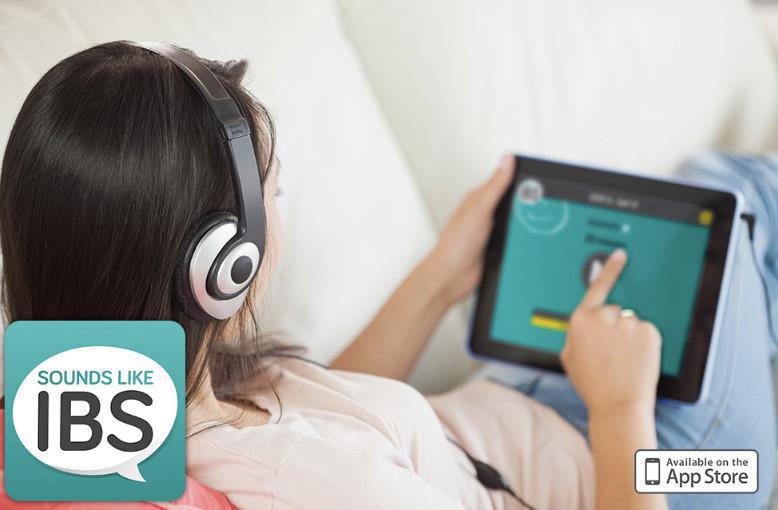For those who have endured the unique experience of a colonoscopy will be glad to know that technology has finally got to the bottom of the problem… and the problem of the bottom.
Instead of a highly uncomfortable 45-minute investigation of the colon via the rectum to diagnose cancer of the bowel or other stomach problems, the future will be that of an unobtrusive robot less than three-quarters of an inch long.
In the UK alone, more than 16,000 people die a year from colon cancer and early detection means survival rates are exponentially higher. Recent trials of the robot will make the operation less invasive and encourage more people to be examined.
Controlled by magnets outside the body, the robot relieves the pressure on the colon that patients must currently endure and after successful trials with pigs, this technology is expected to save thousands of lives when used on humans.
The gut is becoming a very hot topic in medicine leading to breakout successes such as Giulia Enders’ surprise bestselling book Gut that explains how the brain and gut may work in tandem.
This area of health has been misunderstood for years and misdiagnoses have been commonplace due to the lack of knowledge about the subject. For those in the UK suffering painful conditions such as Irritable Bowel Syndrome (IBS), access to treatment is hindered by doctors who unknowingly prescribe the wrong medication.
 The Sounds Like IBS app offers a different approach to gut problems and offers clinical hypnotherapy as an alternative to those in the UK who cannot afford private health care and are unsure of their condition. It also wants to relieve the pressure on the UK’s National Health Service (NHS) that is searching for solutions to make treatment more streamlined.
The Sounds Like IBS app offers a different approach to gut problems and offers clinical hypnotherapy as an alternative to those in the UK who cannot afford private health care and are unsure of their condition. It also wants to relieve the pressure on the UK’s National Health Service (NHS) that is searching for solutions to make treatment more streamlined.
According to Sounds Like IBS, the app has been used ‘hundreds of thousands worldwide with a 90% success rate’ after UK entrepreneur and founder Mark Allardyce became frustrated at the experience of his son and his stomach problems.
He cites the fact that there are very few qualified clinical hypnotherapists in the UK, who are expensive and there are huge waiting lists. Charges upwards of £50 per session with at least six sessions, he says the NHS has a budget of almost $400 available to GPs, which they hardly use.
“I wanted to get rid of all those problems for sufferers, especially those that cannot afford such costs privately, leaving them to suffer pain and embarrassment for what feels like an eternity. We’ve put the clinical hypnotherapist in an app and made it available 24/7 so people can tune in whenever/wherever suits them,” says Allardyce.
Available on the Apple Store, the app costs $9.99 and delivers IBS treatments to users in 48 countries. Developed by Michael Mahoney, an authority and thought-leader of IBS treatments, Sounds Like IBS is an interesting addition to the health tech ecosystem.
This ecosystem is becoming more crowded, but whether it’s tiny robots that disappear around the colon or an app that helps IBS sufferers to another form of therapy, while helping the NHS become more efficient, the future looks more comfortable for everybody involved.

